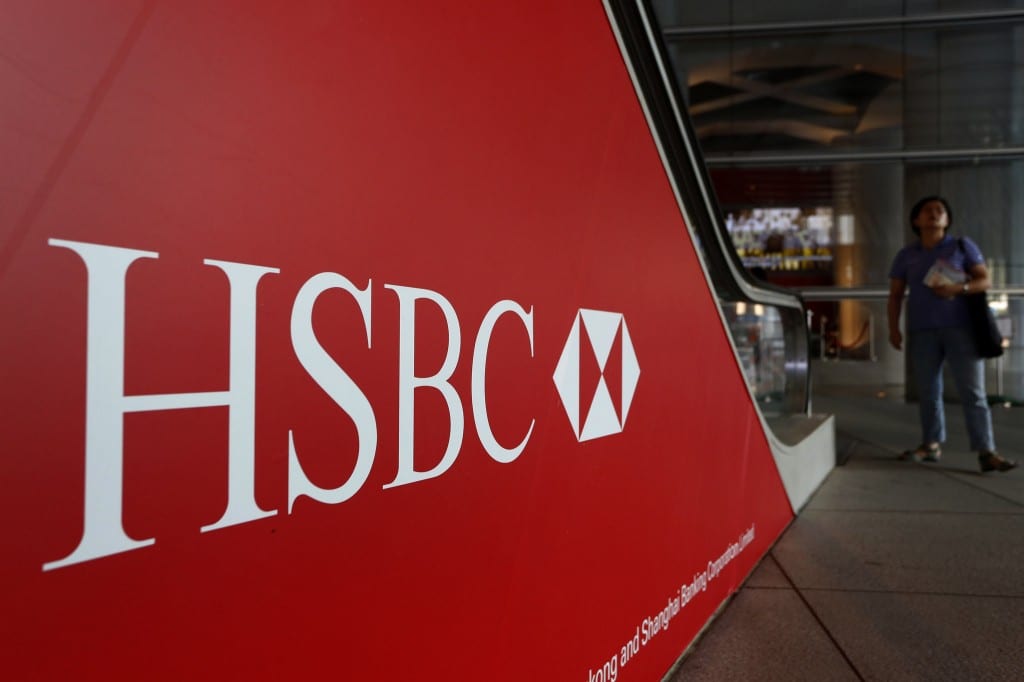
HSBC has announced plans to invest between $15-17bn in improving its technology and businesses in Asia where it anticipates significant growth, particularly in the wealthy middle class and high-net worth sectors.
The global financial and banking giant said on Monday that it targets a return on tangible equity (RoTE) of over 11% by 2020.
Speaking to journalists in Hong Kong, recently appointed chief executive John Flint said that the growth of the Asian middle class sector has led the company to invest in the region to cope with what he believes with be an increased demand for financial services products.
Flint, who took over from outgoing CEO Stuart Gulliver in February said that the group will target the fast-growing wealth in Asia, particularly China, in a bid to get back into “growth mode” and will invest in retail banking and wealth business, particularly in Hong Kong, he said via a conference call.
Asia ex-Japan is predicted to account for 28% of the $223trn private financial wealth globally, according to a BCG Global Wealth 2017 report, with the middle class in Asia predicted to rise 2.5 times to 3.5bn by 2030 from 2015.
Significant
This latest move is a significant change of strategy as it follows on from years of restructuring and cost-cutting at the financial giant, but it is one that Flint believes will keep rewards.
“In dollar terms, the biggest opportunity by customer group will come from retail banking and wealth management,” Flint said. “Wealth creation in Asia, particularly in Hong Kong through [China] is significant.” The biggest opportunity by customer group will come from retail banking and wealth management, he said.
HSBC said that is is now targeting revenue growth of over $3bn from its Hong Kong business including retail banking, wealth management and others by 2020, and another U$1bn+ revenue growth from its wealth management business elsewhere in Asia.
In Hong Kong, it will target investments in growing its millennial client base and non-resident Chinese customers.
Technology
Looking at technology, the majority of the group’s investment will be in new digital banking capabilities, such as those used in its wealth management and trade finance businesses. In the UK, HSBC will also invest in a mobile banking app that relies on artificial intelligence and data analytics.
Flint also said on Monday that the group has been rebuilding its credit card business over the last 12 months. In October 2017 it launched its own branded credit card in the US, adding that the right model to operate in the country was one backed by universal banking.
“[We] need to get all components of the business growing in the US. Without exposure in unsecured credit business, it is difficult to achieve the industry level of profitability if you just take deposits and [offer] mortgages using your balance sheet. So we need to build back unsecured, bank originated [consumer] credit business in the US,” Flint added.